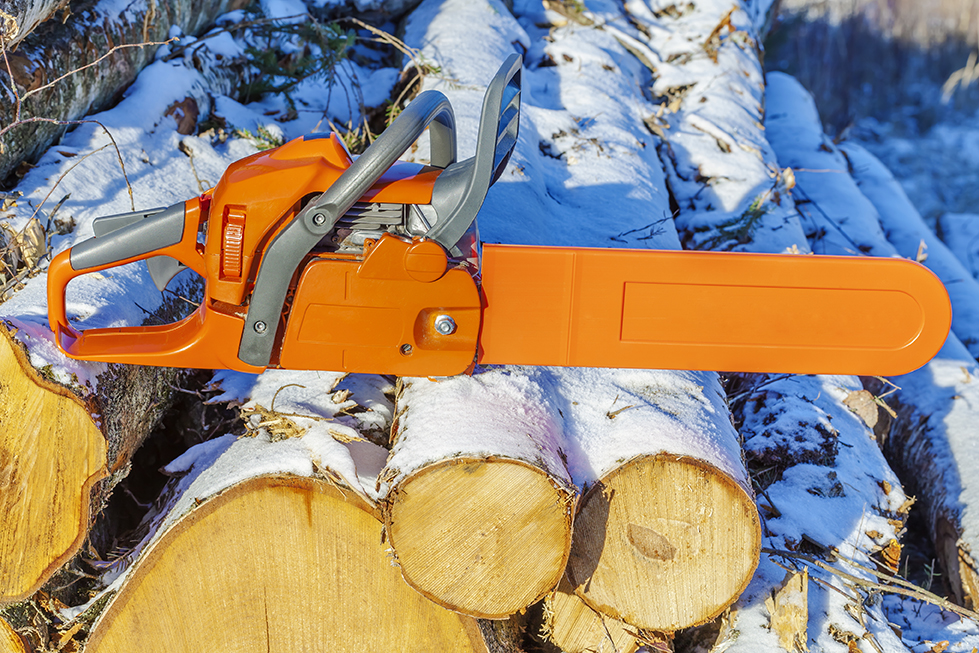How Dangerous Is Working in Logging?
If you’ve never worked in the logging industry, you might only have a vague idea of what being a logger is. There’s definitely a common perception that it’s difficult and dangerous work – but just how risky is it? Turner Logging looks at some of the risks of working in logging and tree cutting, what makes is hazardous, and the training workers have to reduce the risk.
It’s Physical Work
The major aspect of what makes logging challenging and potentially dangerous for workers is that it’s extremely physical. Being able to pick up and carry heavy objects, whether it’s equipment, machinery, timber, or debris, is essential to doing the job.
Not to mention that it’s a big benefit to be agile and able to climb to or remain in awkward positions for a long length of time. Being in good shape, healthy and having a lot of endurance and stamina are the keys to being a logger, but outside of job performance, not having these things puts you at risk of severe injury or worse.
Heavy Equipment
Heavy equipment is another potential danger of working as a logger if you’re not experienced or if you’re not ready to focus and learn how to use it properly. A lot of the equipment used in logging, like any other industrial job, is incredibly hazardous if you’re not using it they way it was designed to be used. Some examples of heavy logging equipment are:
Feller Buncher
A feller buncher is a type of harvester that cuts and gathers trees before felling them.
Harvester
A standard harvester is able to strip trees of branches and will be used with a separate vehicle known as a forwarder to collect logs after felling them.
Clambunk Skidder
A clambunk skidder is a type of skidder – a vehicle for removing felled trees from a forest – that can have felled trees loaded into its claw-like grapple to be removed from a site. A danger with the clambunk skidder is that it has to be manually loaded. Any one of just these three examples has the potential to cause serious injury, or even kill, without proper training and responsible use.
Severe Weather & Conditions
Any outdoor work will involve exposure to the elements. Depending on the location and the logging company, logging workers may find themselves carrying out their physically demanding work in very hot, very cold, or very wet weather. Loggers have to be able to focus through the distractions of intense heat or deep cold and concentrate on safely carrying out their job in difficult, uncomfortable conditions.
Logging and Safety
While logging is certainly a dangerous career choice, responsible companies in the forest management and logging industry put training and precautions in place to protect their workers. Along with this, some people simply have a passion for the outdoors and find the physicality of working forestry extremely rewarding.
While there are no ways to guarantee safety, we look to bring our responsible forestry practices to our employees, too. If you’re looking for a logging company you can trust, contact Turner Logging forest service today.

